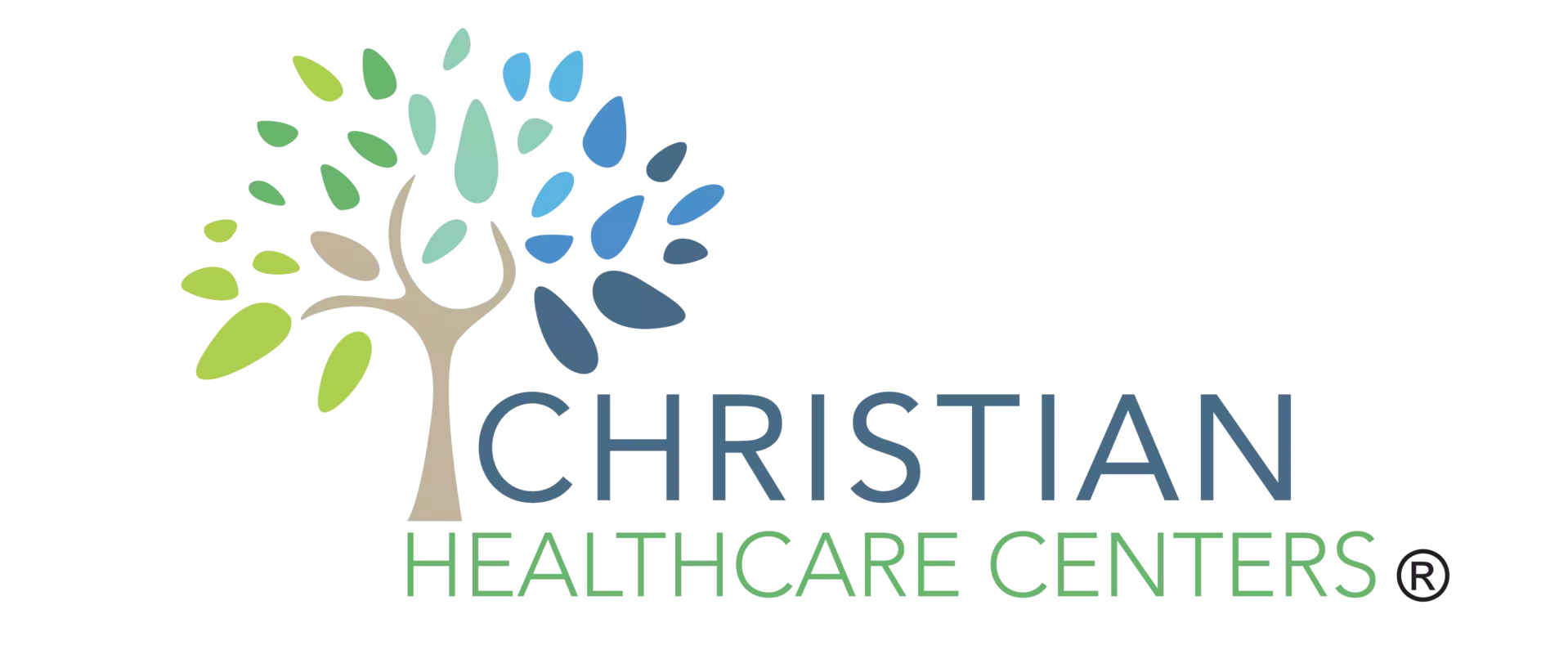When it comes to round-the-clock primary care memberships, prioritize immediate care anytime. Choose the right provider by researching, evaluating, and building trust. Embrace telehealth for convenient remote consultations. Manage medication refills efficiently and stay organized. Prioritize preventive care with regular check-ups and screenings. Plan for after-hours emergencies by staying prepared and seeking appropriate help. Maximize wellness programs and nutrition counseling for overall health. These tips empower you to effectively navigate your health journey and access all-encompassing care whenever needed.
Key Takeaways
- Immediate access to care 24/7 for prompt management of health issues.
- Establish strong provider relationships built on trust and support.
- Utilize telehealth options for convenient and flexible healthcare.
- Ensure efficient medication refills with organized tracking and electronic prescriptions.
- Prioritize preventive care services for overall health and wellness.
Benefits of 24/7 Access
Having 24/7 access to primary care services can provide you with round-the-clock support and peace of mind. Imagine being able to reach out to your healthcare provider at any time of the day, knowing that immediate care is just a call or message away. This level of availability guarantees that you’re never alone in managing your health concerns, no matter when they arise.
When you have access to primary care services 24/7, you can rest assured that help is readily available. Whether it’s the middle of the night or a weekend, knowing that you can connect with your healthcare provider brings a sense of comfort. Immediate care can make a significant difference in managing acute issues promptly and effectively, preventing them from escalating.
Moreover, having 24/7 availability to primary care services means that you can address your health needs in a timely manner. You won’t have to wait for days or weeks to get an appointment or visit urgent care for non-emergency issues. This instant access to care allows you to receive guidance, reassurance, or treatment whenever you need it, fostering a strong sense of support and well-being.
Choosing the Right Provider
When selecting a primary care provider, consider your specific healthcare needs and preferences to ensure a good fit for your overall well-being. Provider selection plays an important role in your healthcare journey. Begin by researching providers in your area and evaluating their expertise, experience, and communication style. Look for a provider who aligns with your values and makes you feel comfortable discussing your health concerns openly.
Cost comparison is another vital factor when choosing a primary care provider. Different providers may have varying costs associated with their services, so it’s important to understand your insurance coverage and how it applies to each provider. Consider not only the upfront costs but also any potential additional fees for services that may not be covered by your insurance plan.
Don’t hesitate to schedule consultations with potential providers to get a feel for their practice and see if it resonates with you. During these meetings, ask about their approach to care, how they involve patients in decision-making processes, and how they handle emergencies or after-hours care.
Building a strong relationship with your primary care provider is key to maintaining your health and well-being over the long term. Choose a provider who not only meets your medical needs but also fosters a sense of trust and support in your healthcare journey.
Understanding Telehealth Options
To better navigate your healthcare options in the digital age, it’s important to familiarize yourself with the various telehealth services available to you. Telehealth offers convenience and flexibility, allowing you to access care from the comfort of your own home. Two key telehealth options to understand are remote consultations and virtual check-ins.
Below is a table summarizing these telehealth options:
| Telehealth Options | Description |
|---|---|
| Remote Consultations | Conducted via video calls, phone calls, or secure messaging, these appointments connect you with healthcare providers for assessments, diagnoses, and treatment discussions. |
| Virtual Check-ins | These brief virtual appointments are suitable for quick health concerns, follow-ups on previous treatments, or to address any questions or symptoms that may have arisen. Providers can offer guidance or determine if an in-person visit is necessary. |
Managing Medication Refills
Guaranteeing you have a smooth and uninterrupted supply of your medications is essential for maintaining your health and well-being. Managing medication refills can sometimes be a challenging task, but with the right strategies in place, you can navigate this process smoothly.
Here are some tips to help you manage your medication refills effectively:
Stay Organized: Keep track of when your medications are running low and make sure you request refills ahead of time to avoid any gaps in your treatment plan.
Utilize Electronic Prescriptions: Ask your healthcare provider to send your prescriptions electronically to your pharmacy. This not only saves time but also reduces the risk of errors that can occur with handwritten prescriptions.
Be Aware of Prior Authorization Requirements: Some medications require prior authorization from your insurance company before they can be refilled. Stay informed about these requirements to prevent any delays in getting your medications.
Utilizing Preventive Care Services
Make sure you prioritize your health by effectively utilizing preventive care services. By focusing on preventive care, you can take proactive steps to maintain your well-being and catch any potential health issues early. Here are some preventive care tips and wellness strategies to help you stay healthy:
| Preventive Care Tips | Wellness Strategies | Benefits |
|---|---|---|
| Schedule Regular Check-ups | Maintain a Balanced Diet | Early Detection of Health Issues |
| Stay Up-to-Date on Vaccinations | Exercise Regularly | Prevention of Illnesses |
| Screenings for Blood Pressure, Cholesterol, etc. | Practice Stress-Relief Techniques | Improved Quality of Life |
| Discuss Family Medical History with Your Doctor | Get Sufficient Sleep | Peace of Mind and Longevity |
Handling After-Hours Emergencies
During times of after-hours emergencies, it’s vital to have a clear plan in place for seeking appropriate medical assistance. Here are some tips to help you navigate through after-hours emergencies with confidence:
Emergency Preparedness: Make sure you have essential contact numbers readily available for quick access in case of emergencies. This may include your primary care physician’s after-hours contact information, local urgent care centers, and the nearest emergency room. Being prepared with this information can save precious time during a crisis.
Communication is Key: Keep your primary care provider informed about any after-hours emergencies you encounter. They can provide guidance on the next steps to take and may even be able to coordinate your care with the healthcare facility you plan to visit. Effective communication ensures continuity of care and a smoother handover between after-hours assistance and your regular primary care.
Urgent Care Alternatives: Familiarize yourself with urgent care centers or telemedicine services available in your area. These alternatives can provide you with timely medical attention for non-life-threatening emergencies when your primary care provider isn’t available. Knowing where to go or who to contact during after-hours emergencies can offer peace of mind and proper care when needed the most.
Maximizing Wellness Programs
In moments of after-hours emergencies, having a solid wellness program can greatly enhance your overall health and resilience. Wellness programs are designed to support you in every aspect of your health journey, not just in times of crisis. Through lifestyle coaching, you can work with professionals who’ll guide you in making sustainable changes that promote well-being. These coaches will help you set achievable goals, provide motivation, and offer strategies to overcome any obstacles you may face along the way.
Nutrition counseling is another key component of maximizing wellness. Proper nutrition is fundamental to your overall health and can impact everything from your energy levels to your immune system. With personalized nutrition counseling, you can receive guidance on creating a balanced diet that meets your specific needs and goals. Whether you’re looking to manage a chronic condition, lose weight, or simply improve your eating habits, a nutrition counselor can provide you with the tools and support necessary for success.
Summary
As you navigate the world of round-the-clock primary care memberships, remember to prioritize your health and wellness. By choosing the right provider, utilizing telehealth options, and taking advantage of preventive care services, you can stay on top of your health goals.
Remember, emergencies can happen at any time, so having access to after-hours care is vital. Maximize the benefits of these programs and wellness services to make sure you’re always supported on your health journey.


